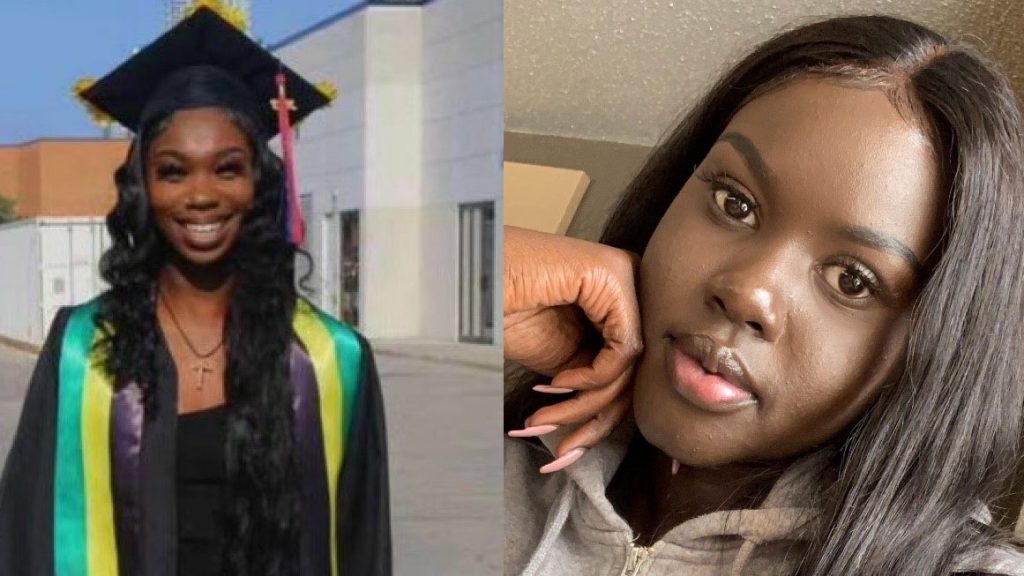Movie Review: Anthony Hopkins, Johnny Flynn find poignant synergy in real-life war tale ‘One Life’
Posted March 14, 2024 9:37 am.
Last Updated March 14, 2024 9:42 am.
By the time Nicholas Winton died in 2015 at the ripe age of 106, the former London stockbroker and self-proclaimed “ordinary man” had been widely recognized for his extraordinary deeds — rescuing 669 Jewish children from the Nazis, saving them from certain death.
But for most of his life, Winton’s rescue of those children from Czechoslovakia on the eve of World War II, bringing them to safety in Britain, was unknown to the public. His story was revealed dramatically on the BBC show “That’s Life!” in 1988, which introduced him, in an emotional surprise, to some of the very people he’d saved. Tears were shed and a fuss was made over this unfussy man. He was dubbed the “British Schindler,” and knighted by Queen Elizabeth II in 2003.
Even if you didn’t know Anthony Hopkins was starring in “One Life,” the straightforward yet still moving new drama based on Winton’s tale, you’d be forgiven for assuming it the minute you learned Winton was a modest and quiet elderly man, keeping much to himself. Hopkins can play such a character in his sleep.
What he’s truly great at, though, is that moment when he finally lets the wall around him crumble and shows what he’s been feeling all along. Yes, this happens in “One Life,” and yes, you’ll likely be wiping tears along with him. The emotional payoff takes a while to arrive, but once it does in the last act of this film, you’ll have a hard time forgetting Hopkins’ face.
Holocaust-themed movies are crucial but notoriously tricky ventures. At Sunday’s Oscars, Jonathan Glazer’s “The Zone of Interest” was honored for a hugely inventive approach, illustrating the banality of Nazi evil in its chilling portrayal of an Auschwitz commandant’s family life right outside the camp wall. “One Life,” directed with efficiency by James Hawes, takes a much more traditional approach, telling its story in flashback with dialogue that sometimes borders on the overly expository, but with a lovely cast and a story that begs to be told.
Hopkins is the key draw, but Johnny Flynn, the talented actor-musician, has the difficult task of channeling Hopkins as a younger man (the filmmakers chose to shoot the Hopkins scenes first, so that Flynn could then build the connective tissue between the two, something he does admirably.) And it’s a lot more than 50 years that separate the two versions of Winton. It’s the war itself. The events with younger Winton took place in 1939, as the Nazis were marching across Europe but two years before they began implementing their so-called Final Solution, the mass murder of European Jews. The elder Winton knew exactly what became of all those children he couldn’t bring to safety, and you can see it in his eyes here.
We first meet the elder Winton at home in Maidenhead, a town in southeast England. It’s 1987, and he’s staring at faded photos of children from the war. He spends his days involved in local charity work. He can’t seem to get rid of all the clutter in his study, despite the pleadings of his wife, Grete (Lena Olin), who tells him: “You have to let go, for your own sake.” He’s still trying to figure out what to do with a frayed leather briefcase, which contains a precious scrapbook full of war memories.
We flash back to 1939 London, when 29-year-old Nicky, as he’s known, who is of Jewish descent but has been raised as a Christian, resolves to leave the comfortable home he lives in with his mother, Babi (Helena Bonham Carter), to travel to Prague. He aims to help with the growing crisis caused by the influx of refugees from the Sudetenland region just annexed by Germany; he and others fear (correctly) that the Nazis will soon invade and send the Jewish refugees to camps.
In Prague, he finds desperate families and starving children, like a 12-year-old girl caring for an infant who has lost its parents. “We have to move the children,” he tells his colleagues. They say the task is too daunting. He persists, convincing a local rabbi to give him lists of children to begin the process (“I’m putting their lives in your hands,” the rabbi tells him.) Upon his return to London, aided by his spirited mother, he embarks on a furious race against time and government bureaucracy to obtain visas for the children and raise awareness in the media. “The process takes time,” an official says. “We don’t have time,” he replies.
Somehow, he manages to get the transports going, meeting the trains in London, where children are matched with foster families. (The most moving scenes in the film, until the emotional crescendo at the end, are departure scenes in Prague, with children saying goodbye to parents who must surely sense they’ll never see them again).
As the film toggles between 1939 and 1987-88, we learn that Winton managed to get eight trains of children out but not a ninth, with 250 children who were turned back once the Nazis invaded, a loss he keeps buried inside. That is, until he he meets a Holocaust researcher who happens to be married to news magnate Robert Maxwell.
That meeting ultimately leads to the climax in the television studio, faithfully recreated by Hawes, who actually once worked on that very BBC show. The scene is doubly poignant given the knowledge that some of the background actors in the studio that day were actual family members of those Winton saved. “There was not a dry eye on the set floor,” the director has said.
That’s not difficult to believe.
“One Life,” a Bleecker Street release, has been rated PG by the Motion Picture Association “for thematic material, smoking and some language.” Running time: 110 minutes. Three stars out of four.
Jocelyn Noveck, The Associated Press








